
How Sustainability is Defining Tomorrow’s Workplace
Globally, companies are allocating more of their budgets to sustainability, whether through new office builds, refurbishments, or upgrades to existing space. This raises the bar, as well as increasing the pressure, on many companies that are striving to create world-class workplaces and experiences that attract and retain top talent.
In the past, some companies leaned toward ‘greenwashing’ - promoting sustainability goals without the data or reporting to support them. Today, with many global standards now in place, organizations must earn certifications and provide evidence. Doing so not only builds credibility and brand equity, but also results in better workplaces overall.
These standards are not just a compliance checklist, but provide a solid base for companies to work from in ensuring that a space is designed in a way that will positively impact the health and wellbeing of employees, as well as causing little or no environmental impact.
In the past, we have worked with numerous clients to help them achieve their sustainability goals with our furniture – check out the list below to find out more about a few of these projects:
▪️ Google Bolands Mills ▪️ Evri ▪️ DTRE ▪️ Orrick ▪️ Lenovo ▪️ NCC ▪️ Williams Lea Tag ▪️ Mills & Reeve ▪️ Sumitomo Corporation Europe ▪️
Nowadays, sustainability standards are more relevant than ever, especially for certain groups of people.
- Younger generations entering the workplace value an experience that supports their wellbeing, as well as transparency in design and sourcing. They also place a higher emphasis on having a specific purpose in their career, and workspaces aligning to those goals. Aiming for sustainability standards will bring that transparency that is sought after, as well as inherently creating the spaces that feel good for people to work in and enable meaningful progress.
- Inclusivity for those with requirements relating to neurodivergence is increased by achieving the levels of sound-privacy, natural light and zoning that are required by the standards. Plus, it helps towards their needs for comfort physically, cognitively and sensorily.
- The workforce nowadays is tending to use hybrid working as a standard way of life, as well as needing change a lot faster than in the past. We are used to constant evolution and trends come around more quickly now than ever before. Having standards in place provides a base to work off and see where adaptations can easily made, with the flexibility and reconfigurability that comes with many of the different levels.
We know that standards provide an important framework for creating better spaces, but it’s when those standards are paired with a focus on the people who use them that workplaces truly thrive. Companies that embrace both - meeting standards while designing for happiness, comfort, and culture - will be the ones that can most easily retain talent.

We’ve helped global brands design spaces where sustainability isn’t just a checkbox — it’s something people feel every day. If you’d like to see how we can support your own goals, reach out to your Spacestor rep.
Or, feel free to email [email protected] to find out more about our detailed and documented sustainability resources, available for every one of our products.
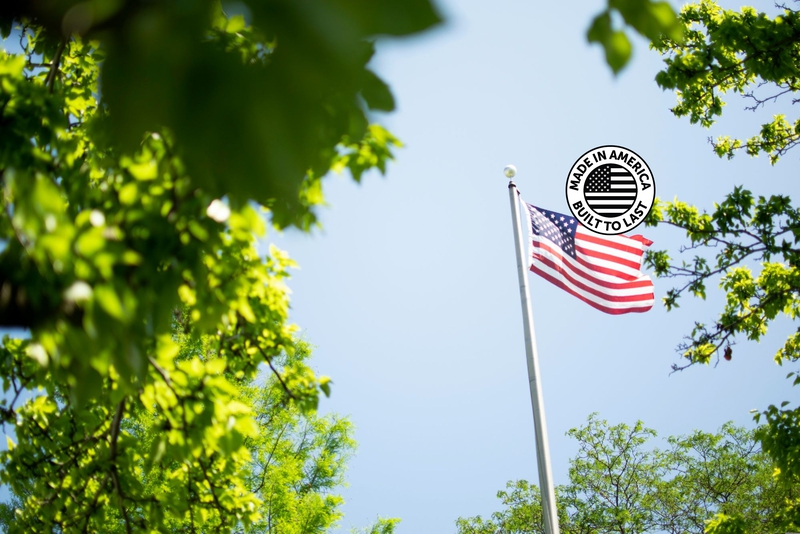



A pioneering blend of heritage and high-tech, Google’s Flour Mills project sets a new benchmark for sustainable, inclus…
TECHNOLOGIE & INFORMATIQUE

On the bank of the River Thames, in the heart of London, Sumitomo Corporation Europe’s London Office Real Estate has be…
IMMOBILIER

A bold, dynamic workspace, challenging preconceived notions and seeking to set a new standard in the industry
SERVICES PROFESSIONNELS